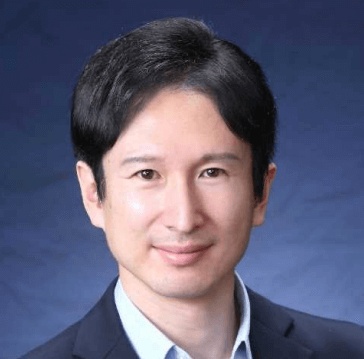In the past 24 hours, Vietnam has witnessed several significant developments that could have profound economic implications for the country. Among these, the extension of incentives for nuclear power projects beyond 2026, the meeting between Vietnam’s Prime Minister and the JBIC Chairman to discuss investment, and the formation of a mega-region through the merger of Binh Duong, Ho Chi Minh City, and Ba Ria-Vung Tau stand out as particularly impactful. These events highlight Vietnam’s strategic focus on energy diversification, attracting foreign investment, and regional economic integration, all of which are crucial for sustaining its economic growth and development.
Vietnam Extends Incentives for Nuclear Power Projects Beyond 2026
Vietnam’s decision to extend incentives for nuclear power projects beyond 2026 marks a pivotal step in the country’s energy strategy. As Vietnam continues to experience rapid industrialization and urbanization, the demand for energy is soaring. By promoting nuclear power, Vietnam aims to diversify its energy sources, reduce reliance on coal, and enhance energy security. This move is expected to attract significant foreign investment and technological expertise, fostering economic growth and job creation. Moreover, nuclear energy offers a cleaner alternative, aligning with Vietnam’s commitment to reducing carbon emissions and achieving sustainable development goals. The extension of incentives signals Vietnam’s long-term vision for a balanced energy mix, crucial for supporting its burgeoning economy.
Vietnam PM Meets JBIC Chairman to Discuss Investment
The meeting between Vietnam’s Prime Minister and the Chairman of the Japan Bank for International Cooperation (JBIC) underscores Vietnam’s proactive approach to securing foreign investment. Japan has been a longstanding partner in Vietnam’s economic development, and discussions with JBIC are likely to focus on infrastructure, technology, and green energy projects. Such investments are vital for Vietnam to upgrade its infrastructure, enhance productivity, and maintain competitive advantage in the global market. The collaboration with JBIC also reflects Vietnam’s commitment to achieving its net-zero carbon emissions target by 2050, as Japan’s expertise in sustainable technologies can play a crucial role in this transition. Strengthening ties with JBIC is expected to bolster Vietnam’s economic resilience and growth prospects.
Mega-Region Formed: Binh Duong, Ho Chi Minh City, and Ba Ria-Vung Tau to Merge in 2025
The merger of Binh Duong, Ho Chi Minh City, and Ba Ria-Vung Tau into a mega-region represents a transformative shift in Vietnam’s regional economic strategy. This integration aims to create a more cohesive economic zone, enhancing connectivity, resource sharing, and regional competitiveness. The mega-region is poised to become a powerhouse for manufacturing, logistics, and services, attracting both domestic and international investors. By streamlining administrative processes and fostering collaboration among the provinces, Vietnam can optimize economic activities and drive sustainable growth. The merger is expected to lead to improved infrastructure, increased investment opportunities, and a more dynamic labor market, ultimately contributing to Vietnam’s goal of escaping the middle-income trap and achieving high-income status.
In conclusion, these developments reflect Vietnam’s strategic priorities in energy diversification, foreign investment attraction, and regional integration. By extending incentives for nuclear power, engaging with international financial institutions like JBIC, and forming a mega-region, Vietnam is positioning itself for sustained economic growth and development. These initiatives are crucial for enhancing Vietnam’s competitiveness, ensuring energy security, and fostering a more integrated and resilient economy. As Vietnam continues to navigate global economic challenges, these strategic moves will play a vital role in shaping its future economic landscape.

Former economist at the World Bank Group and OECD. Currently serving as CEO of DEVELOPTONIA, a company that delivers an AI-powered intelligence platform transforming local data into instant actionable insights.

